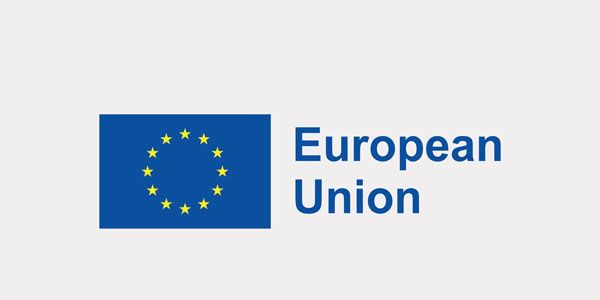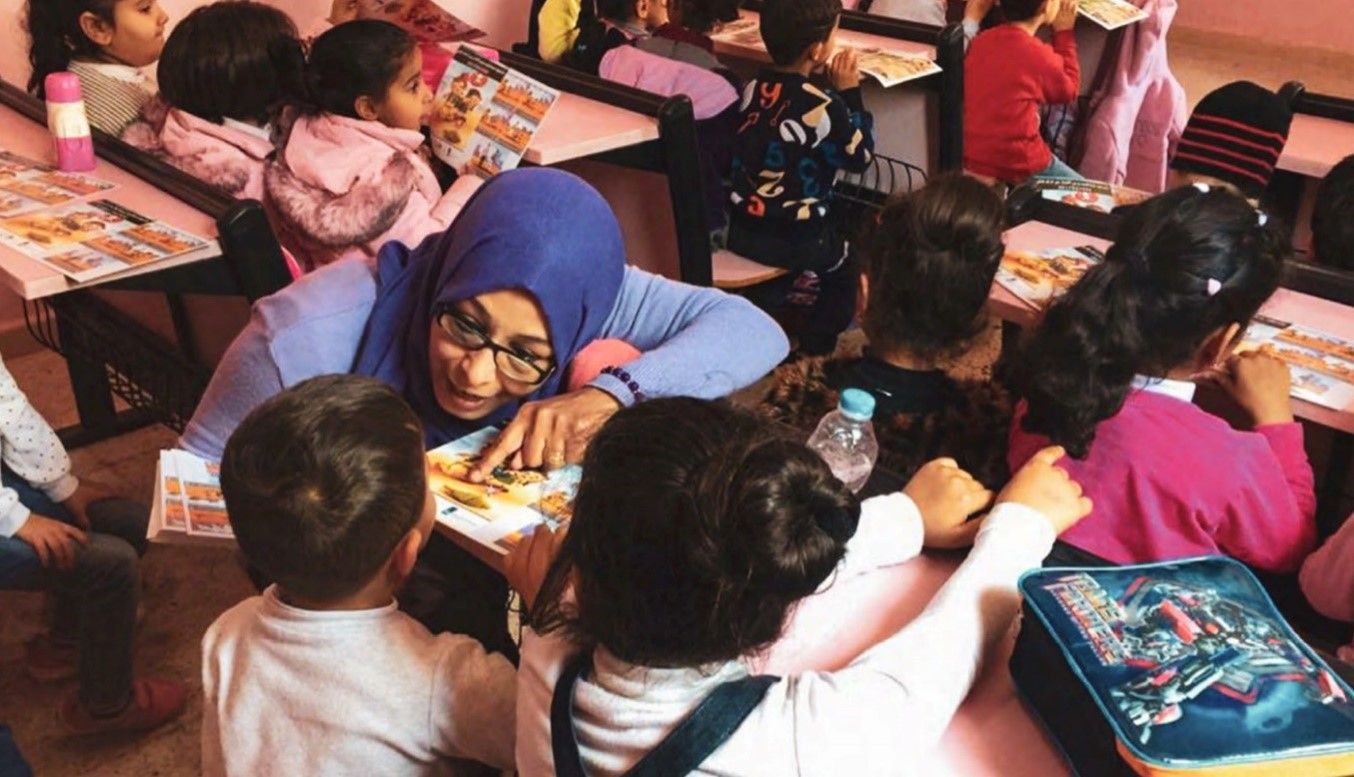DCA’s all-female EORE team work tirelessly to educate children, youth and Adults as to the dangers present in Sirte from the explosive remnants of war.
Under EU funding, DCA’s team delivers EORE sessions in schools, the Sirte university, places of work, and in public places to increase the knowledge of the local community as to the present danger from ERW and how to behave safely. When DCA arrived into Sirte in 2017 there were several accidents resulting in severe injury or fatality from the remnants of war. Since then and with sessions picking up pace, there has been a marked decrease in the number of accidents and in 2021 there were zero accidents in the city related to the explosive remnants of war.
Statistically children and women are the most vulnerable from ERW and EORE officers are especially selected and trained to engage with these groups of rights holders and to communicate to them in a way that doesn’t panic or frighten them, but which teaches safe practices to mitigate the risks and build their confidence of know what to do if they should come across a strange item at home or in the street which could be ERW. Returnees are also particularly vulnerable as they re-possess their homes and begin to clear-up debris. Again, whether men,. Women,. Or children, the teams have been proactive targeting returning IDPs either in temporary camps, on the move in the process of return, or at their old homes, and mitigated the risk of many potential accidents.
DCA’s EORE officers are all women, university lecturers or teachers who already possess specialist skills in education. Since the fighting, they were amongst the first to volunteer to help their communities. Importantly, as women, they can reach female-headed households which male teams cannot. Therefore, the Libya programme is able to ‘leave no one behind’ and ensure that all members of the community benefit from these life-saving activities.
Since their activities began, and all through the covid pandemic the team has worked hard to ensure that momentum of the project was maintained. Together they have reached 9,044 children and adults directly, and a further 9,736 through public information distributions.
About the project
Period: 3 years to March 2022
Donor: European Union


